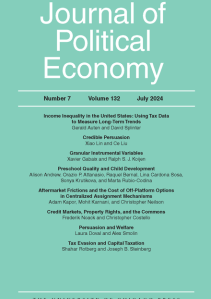This paper analyses the problem of water affordability in Great Britain. The use and meaning of the term 'affordability' are discussed in relation to the domestic or household customers of the British water industry. Using microeconomic data from the Family Resources Survey, affordability is calibrated by income group and household composition for Scotland, England and Wales. Whilst measurement or calibration is the primary focus of the paper, the related question of the way in which an affordability threshold or benchmark might be established is considered. A critique of the various financial support mechanisms currently available to households encountering difficulties in paying water and sewerage charges is followed by a discussion of the policy implications of the research and the way in which it relates to the wider social inclusion agenda of central government.








